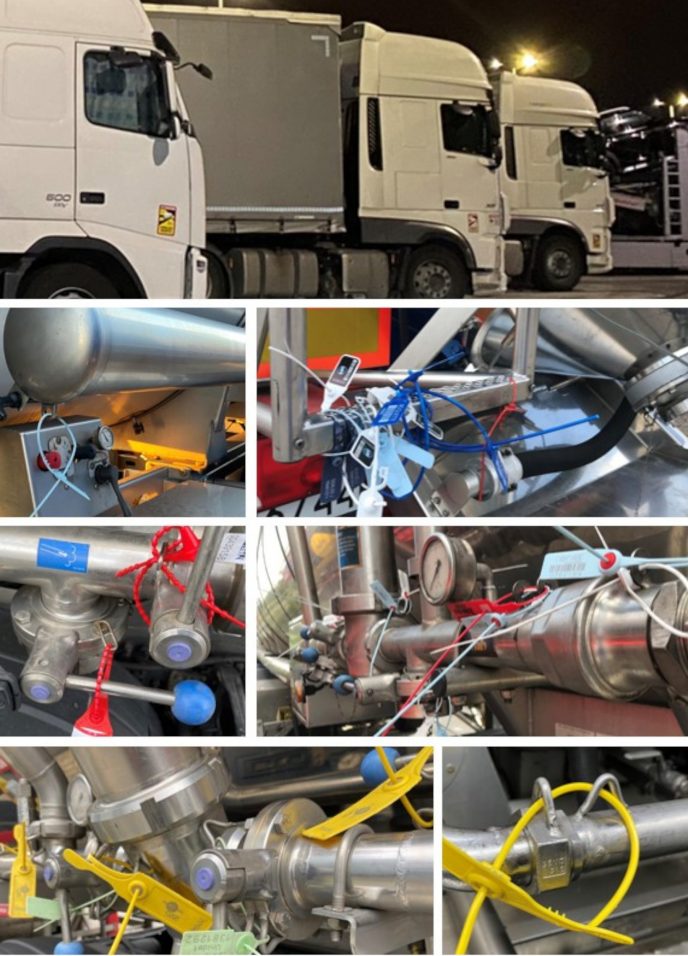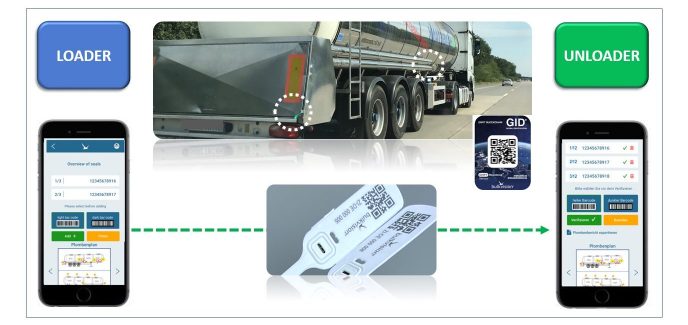What does Food Defense mean?
After the terrorist attacks on September 11, 2001 in the USA, the "Food Safety and Inspection Service of the USDA" defined "Food Defense" as "Protection of food against intentional adulteration (manipulation) with biological, chemical, physical or radiological substances". This term also includes terms such as “bioterrorism” and “counterterrorism”* (*FDA FOOD DEFENSE Acronymus, Abbreviations and Definition).
In practice, food defense means that the stakeholders involved in the supply chain identify the critical areas and develop a closed protection concept. In order to protect food from contamination, manipulation or sabotage, it is daily practice to secure transport containers, the doors, manholes, screw connections, covers, drain valves, etc. with seals.
While seals do not prevent intentional contamination, sabotage or tampering, they can make them visible. A manhole or a screw connection can only be opened by a third party if the seal is destroyed and removed beforehand. Damage or even the replacement of a seal could be discovered when checking for integrity and comparing the seal IDs with the accompanying documents.
Practice shows that seals are often not attached correctly, so that openings can be fully or partially opened. Also, the number of seals does not always correspond to the number of positions to be secured, or the technical security systems (eye bolts) are unsuitable.
Another risk lies in the incorrect transmission of the seal IDs between the person applying the seals and the person checking the seals. It can also be observed that seals, for example, are not attached by the cleaning station or the loading point, but by the truck driver. In cleaning stations, the driver requests a certain number of seals without the cleaning station being able to check whether the number is correct or whether the driver puts a few spare seals in reserve in the driver's cab.


